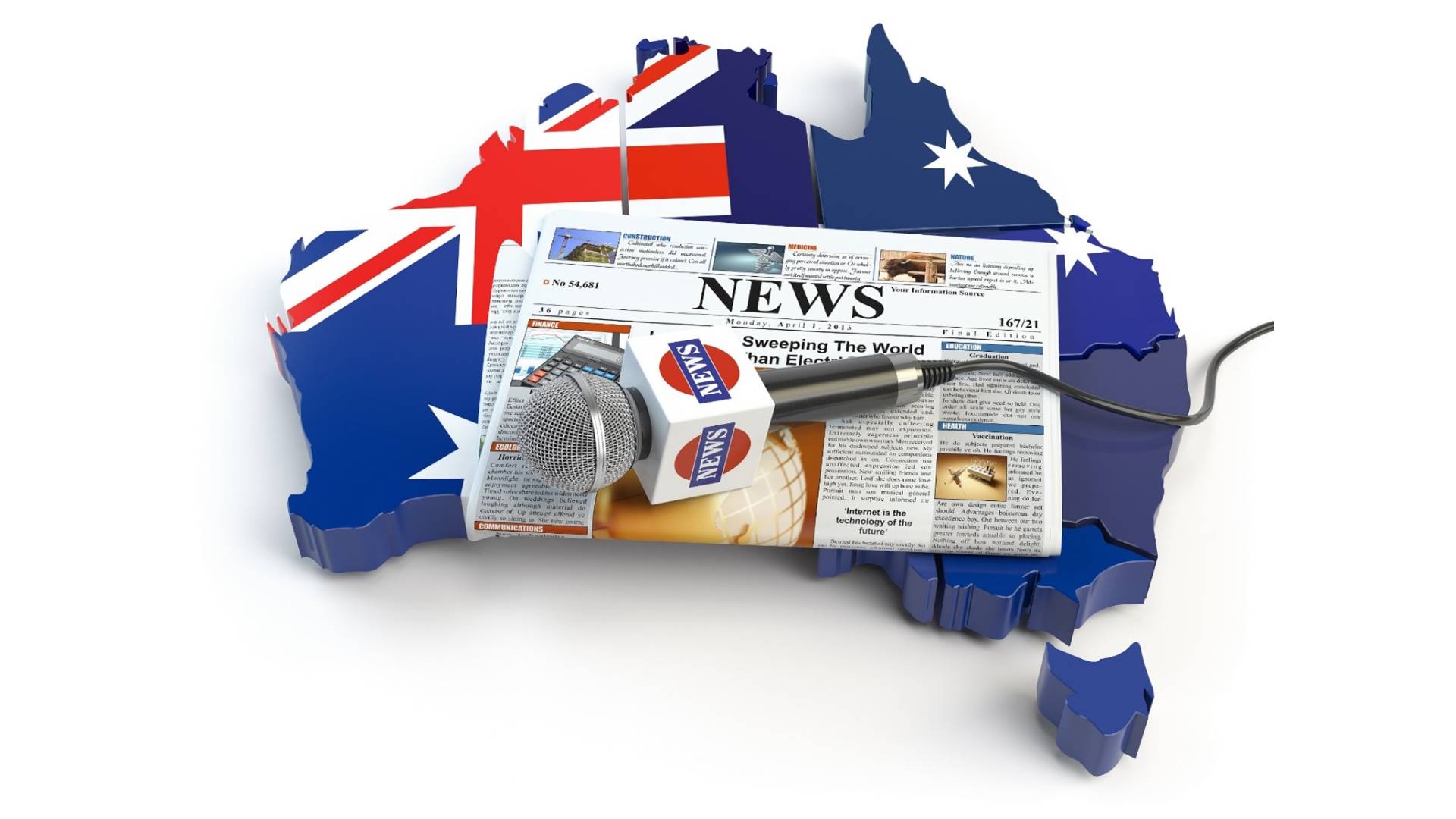Australia’s proposed news media bargaining code hopes to restore some of the money lost to advertising in the country’s regional media markets, but Google says the new law could force them out of the country entirely. Is either side right? Can common ground be found?
Learn more about the standoff between Australia and Big Tech, and what implications it may have on digital marketing around the globe.
Shots Fired: How the Australian Government Provoked Google’s Ire
In January, the Australian government introduced a proposed law that would require Google and other internet platforms (including Facebook) to arrange commercial agreements with all news organisations. Google and Facebook would have to pay for the news content they make available on their sites, and failure to secure such agreements could result in arbitration.
The legislation will force Google, Facebook, and others to negotiate with a handful of Australian newspapers and broadcasters, including the public broadcast company ABC (Australian Broadcasting Corporation). The law was proposed to address an advertising revenue shortfall among Australian media companies, as over 80% of advertising spend in the country was going to Google Ads and Facebook advertising. That ad spend vacuum is making it difficult for Australian newspapers and other media companies to function in smaller markets throughout the country, which is why ABC said they’d use the potential revenue to boost regional journalism and tell more local stories.
The legislation caps an 18-month inquiry by the Australian Consumer and Competition Commission to determine the impact that Facebook and Google had on the state of competition in advertising and media, which determined that the tech giants held too much competitive influence.
How did Google and Facebook respond?
Google had threatened to leave Australia if the media bargaining code became law, but has since reached a deal with one of Australia’s largest news media businesses—Seven West Media—to pay for their journalism. In fact, Google has negotiated pay deals with over 450 publications around the world since October 2020, when they announced News Showcase—a USD 1 billion investment in partnerships with news publishers. On the platform, News Showcase is a tab within Google News that showcases licensed content from official partners.
The deal Google reached with Seven West Media was part of News Showcase, not Australia’s media bargaining code. While the largest deal Google has reached with an Australian media company, it wasn’t the first. They’ve reached deals with seven other smaller online publishers under News Showcase.
But where is the money going? According to a report from The Guardian, the code is expected to see technical changes, particularly to address that question. The proposed changes will help ensure that money from Google is ultimately invested into journalism, not shareholders’ pockets, although confirmation of these changes is yet to be seen.
In the meantime, Google may already be investing in online journalism publishers, but the fight over Australia’s proposed law is only just beginning. Google is cautious that Australia’s actions could set a precedent for the rest of the world, and for good reason. In fact, Canada and the European Union have already endorsed similar measures.
Mel Silva, managing director of Google Australia, said during a parliamentary hearing that restricted linking would jeopardise the very foundation of online search engines. “The principle of unrestricted linking between websites is fundamental to search,” she said. “This code creates an unreasonable and unmanageable financial and operational risk to our business.”
Facebook felt the same way. Facebook Australia and New Zealand managing director Will Easton lamented that the code “fails to acknowledge the commercial and technical realities of how publishers use Facebook and the value we provide to them.” Facebook, however, has not threatened to leave the Australian market. However, it has prevented users around the globe from sharing news stories from Australian publishers, which can only be bad for the publishers themselves, not Facebook.
Will Australia’s stand-off with Google and Facebook affect you?
Australia is the first country to directly confront Big Tech’s influence on media and digital advertising, and, interestingly, this fight is happening alongside Google’s own push to invest in reputable news media with News Showcase.
Google’s threat to leave the Australia market was not well received by the director of the Australia Institute’s Centre for Responsible Technology, Peter Lewis, who said that the proposed legislation was important, “if they’re going to threaten our democratic leaders like this, that we reduce our national reliance. That’s everything from the way Google technology has infiltrated education, health, and business … We need to disperse that risk.”
The outcome of the standoff between Google and the Australian government could very well have a ripple effect that impacts how countries around the world engage with—and stand up to—Google and other tech giants. Google will no doubt be hoping that the introduction of their News Showcase platform will disincentivise such regulations elsewhere and keep negotiations on their terms.
Meanwhile, we are yet to see how the lack of Australian news on Facebook newsfeeds will affect its 2.8 billion monthly active users.
Ultimately, Australia will need to gauge the success of the code on its benefit to regional and local journalism, and whether Google can continue to thrive. The decline of regional journalism has been a growing issue for years around the world, so if Australia can gain productive concessions from Big Tech without poisoning relationships while serving its people, other national governments may follow suit.

